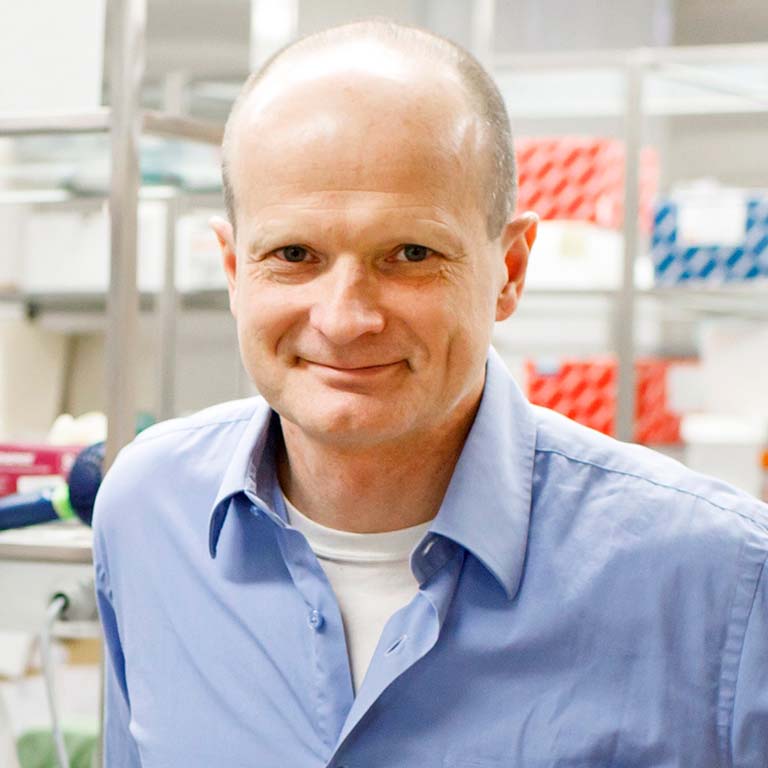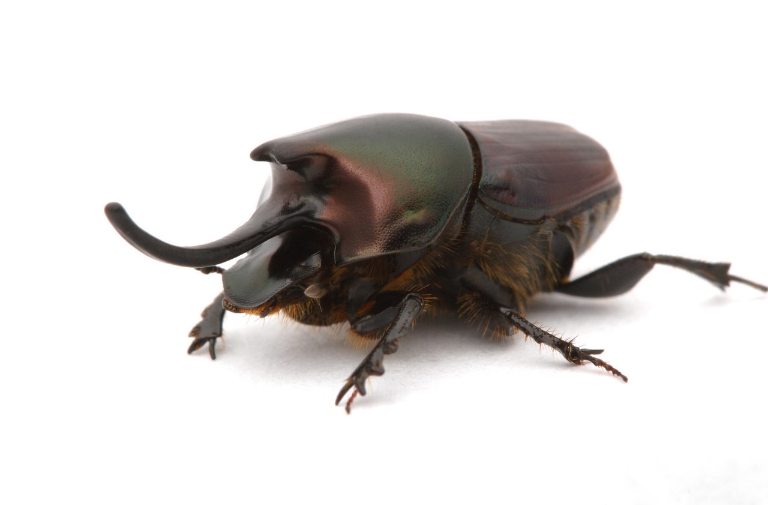[View original story from source]
Indiana University scientist Armin Moczek will use dung beetles to contrast two ways that new traits emerge in species.
The theory of evolution explains how animals change gradually over time. But where do completely new traits come from? How did the first eye, the first wing, the first firefly's light organ develop?
A new grant from the National Science Foundation to Indiana University biologist Armin Moczek will help answer this question. An expert on evolutionary development, Moczek recently received over $860,000 to use a tiny insect -- beetles -- to explore a big mystery.
"The big picture is that how novel complex traits originate is still poorly understood, but two routes have been proposed," said Moczek, a professor in the IU Bloomington College of Arts and Sciences' Department of Biology. "A new trait may evolve by repurposing an already existing part of the body -- drawing upon existing gene networks and tissues like combining Legos to build something new -- or by building it 'piecemeal,' one gene and pathway and cell at a time."
Under the grant, Moczek's lab will examine the differences between two types of horns in beetles in the genus Onthophagus: prothoracic horns, which grow from the beetles' mid-portion, or thorax; and head horns, which grow from their heads. The two horn types are useful for this work since evidence suggests each represents one of the two evolutionary pathways.
Specifically, Moczek said that prothoracic horns seem to fall into the "repurposing" category -- most likely emerging from the same gene networks responsible for the growth of wings, among other structures. Head horns, by contrast, most likely evolved "from scratch."
In fact, Moczek and his colleagues' own work on horned beetles -- supported by other NSF grants in 2012 and 2007 -- is responsible for the most compelling evidence on this subject. In a particularly notable experiment, IU researchers were able to create a third functional eye in the center of a beetle's head by switching off a single gene involved in the growth of head horns. Their work has also helped explore the link between nutrition and environment-sensitive development in the same beetle species, and to unravel the role of specific genes in the growth of diverse horn types.


 The College of Arts
The College of Arts